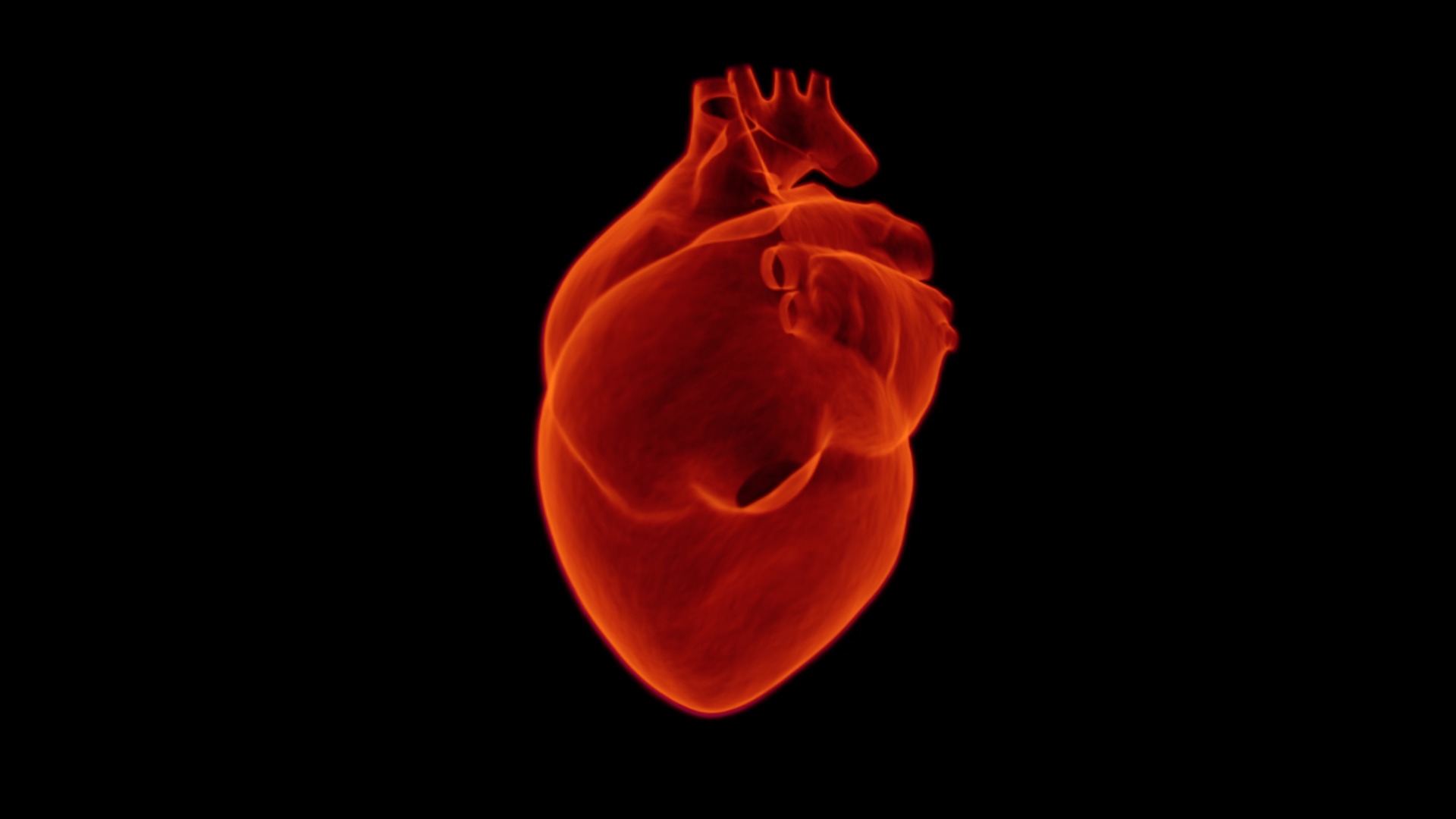
This month the STOPSTORM consortium will begin its research into radiotherapy for cardiac rhythm disorders, coordinated by the University Medical Center of Utrecht, Netherlands. Catharina Hospital in Eindhoven will also make a major contribution to this research, the hospital said in a press release.
Patients suffering from ventricular tachycardia, or the fluttering of the heart chambers, are eligible for this irradiation. They are now usually treated with medication or by implanting an ICD, a defibrillator that corrects the irregularity of the heartbeat using electrical impulses.
Irradiation of arrhythmia
For persistent arrhythmias that do not respond sufficiently to these therapies, patients undergo invasive catheter ablation whereby a cardiologist blocks the electrical stimuli in the heart that disrupt the rhythm. The aim of the study by the STOPSTORM consortium is to investigate the option of radiation treatment in patients whose symptoms persist after catheter ablation. Around 30% to 50% of this patient group is eligible.
A consortium of 31 institutions in 8 European countries, including Catharina Hospital, will begin treating these patients as part of a study. The treatment, which is also used in lung oncology, consists of a high dose of radiation administered in a single session.
Increasing the quality of life

Coen Hurkmans
Clinical physicist Dr. Coen Hurkmans, who heads the team of researchers at Catharina Hospital, comments: “This new therapy, which does not require surgery, could be a breakthrough for patients with ventricular tachycardia. It can improve their quality of life and extend their life span. This international study gives us high-quality information about the right treatment.”
Radiotherapist-oncologist Joost Verhoeff is leading the study at the University Medical Center of Utrecht. He says: “Since 2014, this treatment has already been offered at several institutions. Unfortunately, its effects have not always been properly monitored. With the consortium, we are now compiling a large dataset of several hundred patients so we can properly map the results.”
Determining efficacy and safety
The main goal of the STOPSTORM consortium is therefore to create a European validation cohort to determine the efficacy and safety of treatment in a large population of patients with ventricular tachycardia. The information will also help to understand which dose should be administered and how. The Harteraad center of expertise connects, empowers and represents patients in the project.
STOPSTORM is a European research project which is being funded by an EU Horizon 2020 grant of €7.1 million.
Read also: Subcutaneous bluetooth heart monitor allows doctor and patient to see real-time heart data
Selected for you!
Innovation Origins is the European platform for innovation news. In addition to the many reports from our own editors in 15 European countries, we select the most important press releases from reliable sources. This way you can stay up to date on what is happening in the world of innovation. Are you or do you know an organization that should not be missing from our list of selected sources? Then report to our editorial team.
